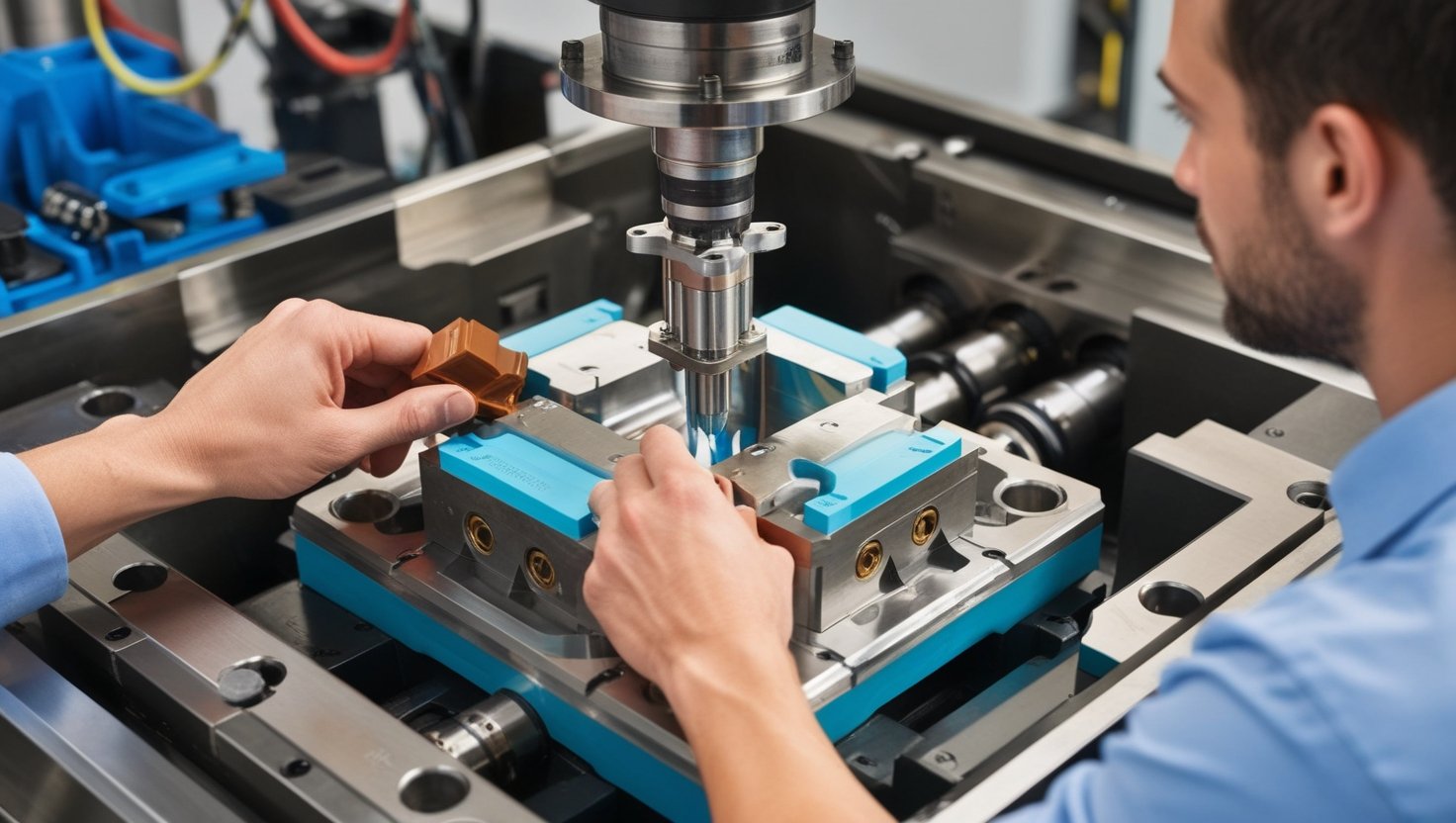Injection molding has emerged as a backbone technology for the mass production of precise, complex, and durable plastic components. At the heart of this robust process lies the injection molding manufacturer—an entity capable of delivering customized solutions to meet diverse industry needs. From automotive to electronics, injection molding plays a vital role. This article explores the essential aspects of injection molding manufacturing, its benefits, industry applications, and what to look for when choosing a manufacturer.
What is Injection Molding?
Injection molding is a manufacturing process used for producing parts by injecting molten material into a mold. Common materials used in this process include thermoplastic and thermosetting polymers, metals, glass, and elastomers. It is widely favored for its ability to create complex shapes with a high degree of accuracy and repeatability.
The process typically involves several stages:
1. Material Preparation: Raw material (usually plastic pellets) is dried and, if necessary, treated for consistency.
2. Injection: The material is heated until molten and then injected under high pressure into a mold.
3. Cooling: Once inside the mold, the material cools and solidifies.
4. Ejection: The mold is opened, and the final product is ejected.
Benefits of Injection Molding
1. High Efficiency and Fast Production: Injection molding is a highly automated process, enabling high-volume production with relatively low cycle times. This efficiency makes it suitable for mass manufacturing, keeping costs low for both producers and consumers.
2. Consistency and Precision: Manufacturers can produce parts with tight tolerances, ensuring consistent quality across large production runs. This precision is particularly vital for industries like automotive and medical, where exact specifications must be met.
3. Flexibility in Material and Design: Injection molding can use a wide range of materials, from common plastics like polypropylene and polyethylene to specialized engineering polymers. This flexibility allows manufacturers to adapt to the specific needs of different applications. Additionally, injection molding supports complex geometries, including undercuts, threads, and intricate surface details.
4. Reduced Waste: Injection molding generates minimal material waste, as excess plastic can often be recycled and reused. This makes it an environmentally friendly manufacturing option.
Key Applications of Injection Molding
1. Automotive Industry: Injection molding manufacturers produce numerous automotive components, such as dashboards, interior trims, bumpers, and complex engine parts. The precision and durability of these components are vital to vehicle performance and safety.
2. Consumer Electronics: With the demand for lightweight and compact devices, injection molding is used to create durable housings, connectors, and intricate parts for smartphones, laptops, and wearables.
3. Medical Devices: The healthcare industry relies on injection-molded parts for products like syringes, IV connectors, surgical instruments, and enclosures for diagnostic devices. Manufacturers adhere to stringent quality standards to ensure patient safety and regulatory compliance.
4. Packaging: From bottle caps to food containers, injection molding provides high-speed production of standardized packaging solutions. The process supports various shapes, designs, and decoration options, enhancing brand appeal.
Choosing the Right Injection Molding Manufacturer
Finding a reliable injection molding manufacturer is critical for businesses seeking high-quality parts, cost-efficiency, and responsive service. Here are the main variables to consider:
1. Experience and Expertise: Look for manufacturers with a proven track record and deep expertise in your specific industry. Long-standing companies are likely to have honed their processes and optimized their manufacturing capabilities.
2. Technological Capabilities: State-of-the-art equipment and advanced tooling solutions are crucial for achieving consistent, high-quality results. Automation, precision molding machines, and in-house design capabilities are markers of a modern manufacturer.
3. Quality Control Measures: Ensure the manufacturer follows stringent quality control protocols throughout the production cycle. Certifications such as ISO 9001 demonstrate a commitment to maintaining consistent product standards.
4. Customization and Design Support: Many manufacturers offer design assistance, helping to refine concepts, select materials, and create prototypes. This collaborative approach ensures the final product aligns with your specifications and functional requirements.
5. Cost-Effectiveness: While price is important, focus on total value rather than the cheapest option. High-quality manufacturers may offer higher upfront costs but save you money in the long run due to fewer defects, less downtime, and greater product longevity.
Emerging Trends in Injection Molding Manufacturing
1. Sustainable Materials and Processes: As sustainability becomes a global priority, injection molding manufacturers are shifting towards eco-friendly materials, biodegradable polymers, and energy-efficient production techniques.
2. Industry 4.0 Integration: Advanced data analytics, AI-driven monitoring, and IoT-enabled devices are transforming manufacturing operations. Real-time monitoring and predictive maintenance lead to increased uptime, reduced waste, and improved efficiency.
3. Additive Manufacturing and Hybrid Solutions: Hybrid manufacturing that combines 3D printing and traditional injection molding is gaining popularity. This approach offers the benefits of rapid prototyping, reduced lead times, and flexibility for design iterations.
Conclusion
Injection molding manufacturers play a pivotal role in modern production by delivering versatile, high-precision solutions for various industries. With their expertise, cutting-edge technology, and dedication to quality, these manufacturers enable businesses to achieve efficient, scalable, and cost-effective production. As industries continue to evolve, the injection molding process will remain a cornerstone of innovation, catering to diverse market needs and setting new standards for manufacturing excellence.
READ MORE ON https://articlemagzine.com/
